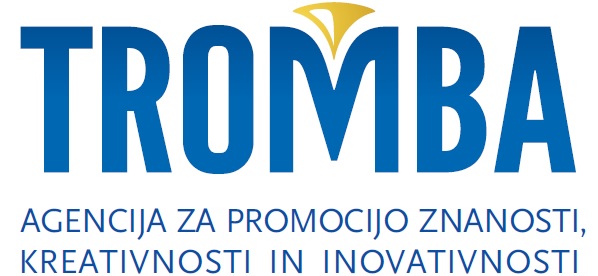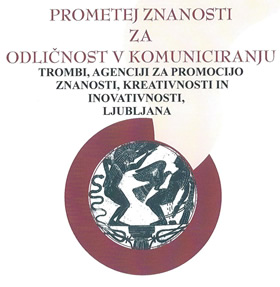»Metagenomic sequencing reveals the viral landscape in human stool and wastewater samples
Nacionalni inštitut za biologijo (NIB) pripravlja 26. oktobra 2023 ob 15. uri v Biološkem središču seminar na temo »Metagenomic sequencing reveals the viral landscape in human stool and wastewater samples«. Predavala bo dr. Sara Javornik Cregeen, vodja skupine za Bioinformatiko Alkek Center for Metagenomics and Microbiome Research Assistant Professor, Department of Molecular Virology and Microbiology, Baylor College of Medicine
https://nib-si.webex.com/nib-si/j.php?MTID=m947ca8a139621e5a20a5a9e0bfec451e
̈The Center for Metagenomics and Microbiome Research (CMMR) at Baylor College of Medicine specializes in providing sequencing and analytical solutions to big data driven questions in infectious disease and human health. The CMMR has recently made advances in using metagenomics approaches to track viruses of pandemic potential in wastewater1 and understanding the human virome in early life2. 1) Analysis of wastewater may help us understand the health of populations, yet most current approaches overlook the activity of many human viruses and preclude a deeper understanding of human virome community dynamics. Over a period of 6 months, 363 wastewater samples from ten distinct sites in two major Texas cities were collected and comprehensive sequencing-based analysis of the virome was performed. Over 450 distinct pathogenic viruses from 28 viral families were observed, most of which have never been detected in such samples. Sequencing data was correlated to clinical data sets, outlining the public health utility of this approach. In this work the virome of human wastewater is revealed and its potential to improve our understanding of outbreaks, transmission, and its effects on overall population health discussed. 2) Humans are colonized with commensal bacteria soon after birth, however, less is known about phage communities in early human development. Whole genome shotgun data from the TEDDY study, composed of 12,262 longitudinal samples from 887 children in 4 countries, was analyzed to assess phage and bacterial dynamics simultaneously. Each child was observed to be colonized by hundreds of different phages during the early years, and phages were more transitory than bacteria. Clear trends of ecological succession amongst phages were observed and correlated well with putative host bacteria. This work contributes to improved understanding of phage-bacterial relationships and helps reveal new means by which to shape and modulate the microbiome and its constituents to improve health and reduce disease.̈
Foto: NIB






